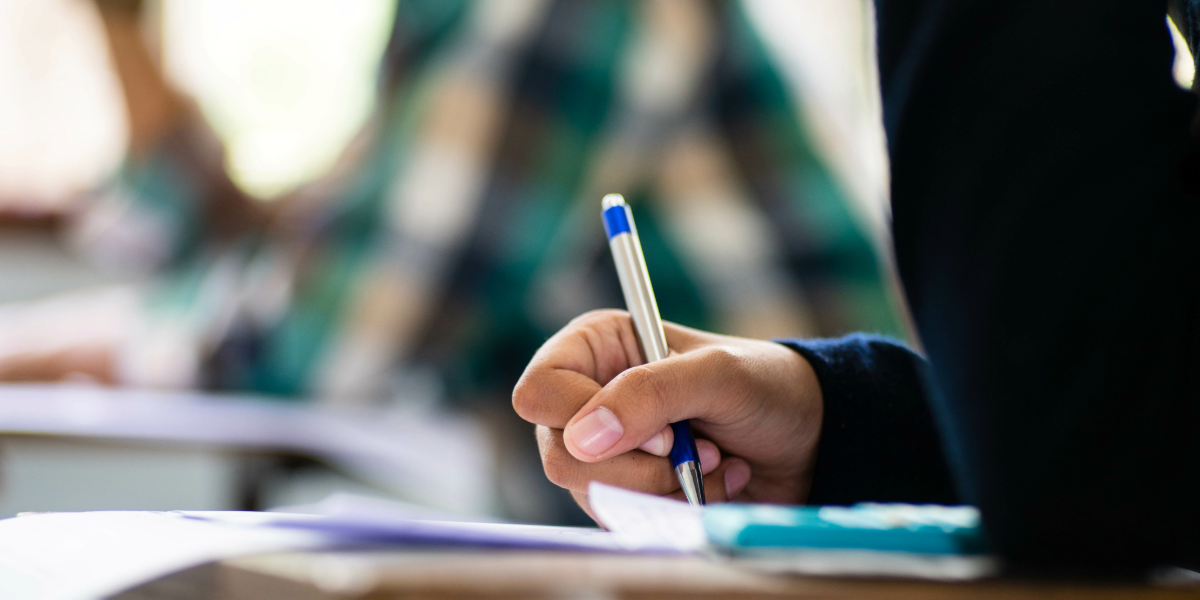University students will have a small portion of their HECS loans struck off as a result of the Labor Government’s expression of intent to reverse nearly $3 billion in student debt, which they announced over the weekend.
The new measures which the government hopes to pass through parliament will ensure that student loan increases will base themselves on whichever price index between the CPI (Consumer Price Index) and WPI (Wage Price Index) is lower. The reform is backdated to 1 July 2023, meaning that the average HECS debt holder will have around $1200 wiped from their current debt.
Loans were previously only dictated by the CPI which reached historic highs in 2023, resulting in the highest annual increase in student debt since 1990.
The average outstanding HECS debt has risen significantly from $13,617 in 2010 to upwards of $26,494 as of 2023.
The Universities Accord, a government-funded initiative to reform Australian tertiary education, recently offered a number of recommendations in its final report, including the recommendation that indexation be decided by the lower of the CPI and WPI.
The accord recommended that “fairer and simpler indexation and repayment arrangements” should be at the forefront of federal government concerns in the area of tertiary education.
It also recommended that the Tertiary Access Payment – what the Report refers to as “an important youth payment for regional students,” should have its criteria adjusted “to reflect and better cover relocation costs.”
Despite the emphasis on long-term benefits, a number of university students and graduates have expressed that the proposed changes do very little to provide more immediate assistance for cost-of-living and other quality-of-life issues which affect students of tertiary education.
“Sure, a thousand bucks is great, but I’ve got another 5 semesters of HECS debt,” says Lucy Fulloon, an Armidale local and student of arts and law at the University of Wollongong.
“I’m not even halfway through and looking at about $25,000 already… I just feel as though $1000 is nothing.”
William Braham, an Armidale local, has recently concluded his theatre studies, and he says that university students who don’t receive any financial support are at an acute disadvantage.
“I’ve had a bit of help (with paying for uni fees), otherwise I would have had immense struggle paying it off.”
“If I hadn’t paid it off now and let it compound… I’m sure having that hover over me would cause lots of anxiety.”
A number of students feel as though this kind of disadvantage is further exacerbated by compulsory unpaid internships and placements.
“In veterinary science we spend the entirety of our fifth year working the equivalent of a full-time job for free at vet hospitals” says Darcy Heffernan, a student at the University of Queensland.
“There is minimal support for accommodation, travel, compensation etc.”
The Government has also proposed that from the 1st of July 2025, nursing, teaching, midwifery, and social work students will be eligible for $319.50 a week during the period of their unpaid work placements. Eligibility for these payments will be determined by a number of factors including financial and living situation.
University students won’t be the only beneficiaries of the indexation change, with a number of key education loans such as the Australian Apprenticeship Support Loan and the VET Student loan also being subjected to the changes.
Apprenticeship Support Loans allow apprentices to buy essential tools and equipment, and VET student loans provide financial assistance to students undertaking courses at TAFE or other independent higher education providers like ag colleges.
Shadow Education Minister Sarah Henderson has referred to the recent announcement as “all trickery and deceit,” although the Coalition is yet to express whether or not it will support the legislation. The National Party membership voted at their last conference voted to cap student loan indexation at 3.5 per cent a year.
A number of crossbench MPs have called for changes in the indexation process, including Independent MP Dr Monique Ryan, whose petition on the proposed change has reached over 285,000 signatures at the time of writing.
Crossbench MP David Pocock referred to the announcement as “a good first step.”
Education minister Jason Clare said that “(these changes) will wipe out around $3 billion in student debt for more than three million Australians.”
“This will wipe out what happened last year and make sure it never happens again,” he said in reference to last year’s 7.1% indexation.
Meanwhile The Greens believe that indexation should be scrapped all together, and the National Union of Students is calling for an indexation freeze.
Like what you’re reading? Support The New England Times by making a small contribution today and help us keep delivering local news paywall-free. Support now


